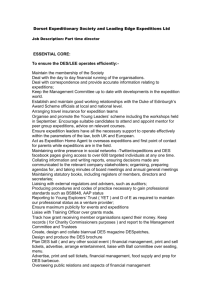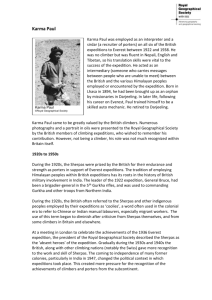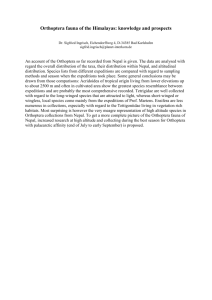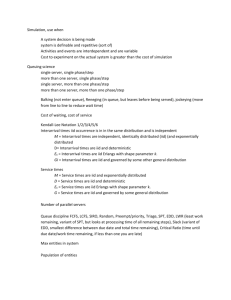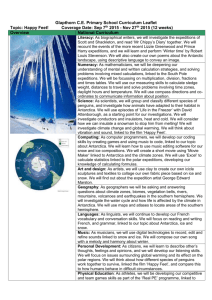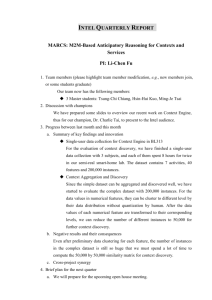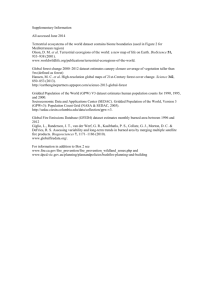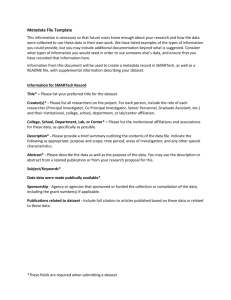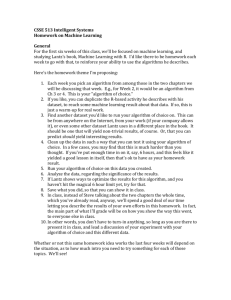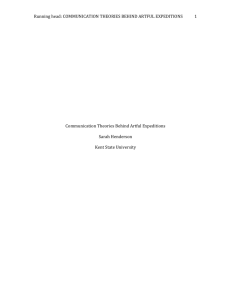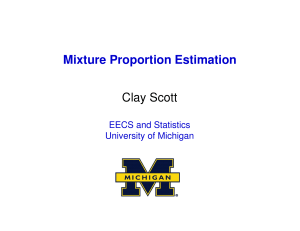File - DukeSpace
advertisement
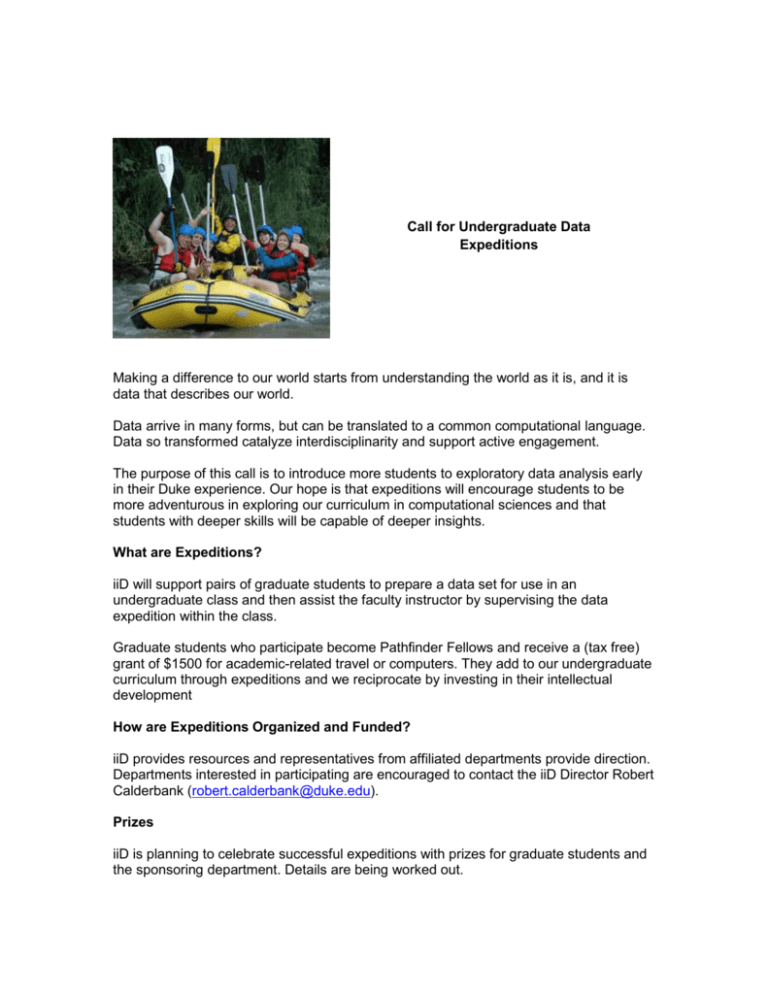
Call for Undergraduate Data Expeditions Making a difference to our world starts from understanding the world as it is, and it is data that describes our world. Data arrive in many forms, but can be translated to a common computational language. Data so transformed catalyze interdisciplinarity and support active engagement. The purpose of this call is to introduce more students to exploratory data analysis early in their Duke experience. Our hope is that expeditions will encourage students to be more adventurous in exploring our curriculum in computational sciences and that students with deeper skills will be capable of deeper insights. What are Expeditions? iiD will support pairs of graduate students to prepare a data set for use in an undergraduate class and then assist the faculty instructor by supervising the data expedition within the class. Graduate students who participate become Pathfinder Fellows and receive a (tax free) grant of $1500 for academic-related travel or computers. They add to our undergraduate curriculum through expeditions and we reciprocate by investing in their intellectual development How are Expeditions Organized and Funded? iiD provides resources and representatives from affiliated departments provide direction. Departments interested in participating are encouraged to contact the iiD Director Robert Calderbank (robert.calderbank@duke.edu). Prizes iiD is planning to celebrate successful expeditions with prizes for graduate students and the sponsoring department. Details are being worked out. How to Apply Email Kathy Peterson (kathy.peterson@duke.edu) a PDF, at most 2 pages, with the following information. 1. Sponsoring faculty member and target undergraduate class 2. Title of dataset 3. Description: A brief data description that includes (at least) the following information: one-two sentence description of data file source(s) where the data come from why the data were collected in the first place how the dataset was put together dimensions of the dataset 4. Potential research questions: List of potential research questions that can be explored using this dataset 5. Techniques: List of techniques that can be utilized working with this dataset – this is an opportunity to ask for access to a virtual machine that comes preloaded with different software packages 6. Source(s): Properly formatted citation of data source(s) Applications will be reviewed by a faculty committee, those received by May 15 will receive full consideration, and funding decisions will be made by June 15 We particularly encourage exploration of data sets that bring different intellectual communities together Expeditions recommended for an award will be asked to provide a Markdown or HTML document that contains, in addition to the information listed above, 7. List of variables: A list of the variable names and brief description for each (with hyperlinks to Codebook below) 8. Codebook: Description of each variable and its values We will provide templates in .md, .Rmd, and .html formats so that expeditions can be documented consistently Please apply! Robert Calderbank and Jerry Reiter (iiD) Mine Cetinkaya-Rundel (Statistics) Merlise Clyde (Statistics) Anita Layton (Mathematics) Harold Layton (Mathematics) Richard Lucic (Computer Science) Lisa Huettel (Electrical Engineering) Larry Carin (Electrical Engineering) Candice Odgers (Political Science) Scott de Marchi (Political Science) Emma Rasiel (Economics) Tom Nechyba (Economics and SSRI) Victoria Szabo (ISIS) Hans Van Miegroet (Art, Art History and Visual Studies)
